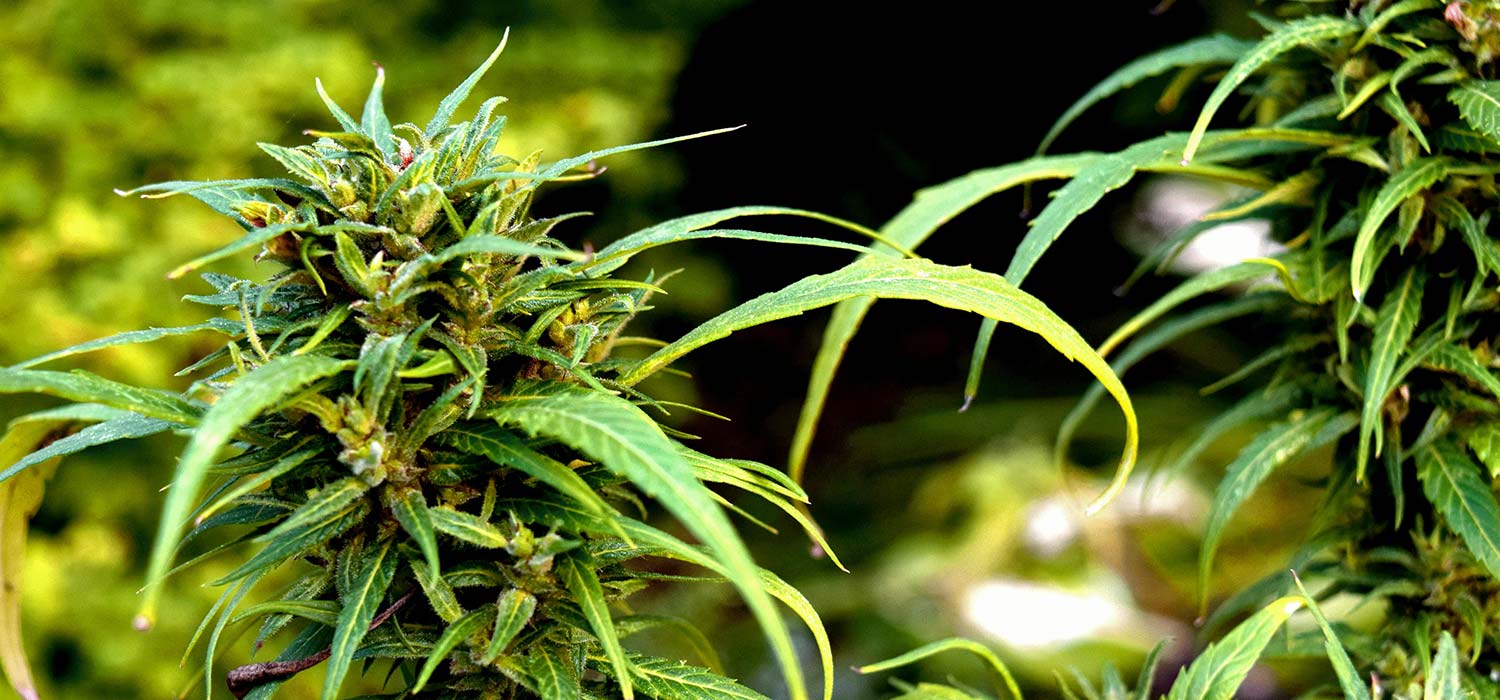Not so long ago, marijuana legalization advocates would have been forgiven for thinking meaningful federal reform of cannabis was just around the corner.
The majority of states had moved to allow for medical uses of the plant, while recent election cycles led to recreational legalization in eight states.
In his election campaign, President Biden refused to back federal cannabis legalization but made clear he was open to the idea of more incremental reforms. Meanwhile, in the now Democratic-led Senate, Majority Leader Chuck Schumer made marijuana legalization a centerpiece of his legislative agenda.
Since then, however, action on Capitol Hill hasn’t materialized and Biden has moved on the issue only to pardon all federal cannabis possession offenses, and called on governors to do likewise at the state level. Despite the fact that 23 states now allow for recreational use of marijuana, it seems that federal cannabis reform remains out of reach.
Recent recommendations from federal health authorities to reschedule cannabis, however, have sparked renewed optimism regarding a potential path to federal legalization.
Under current federal law, marijuana is classified as a Schedule I controlled substance. This category signifies that the Drug Enforcement Administration (DEA) considers cannabis to have “no currently accepted medical use and a high potential for abuse.”
The Department of Health and Human Services (HHS) disagrees and has conveyed its findings on marijuana to the DEA, advocating for the reclassification of cannabis as a Schedule III drug.
Under this classification, the substance is deemed to have a “moderate to low potential for physical and psychological dependence,” placing it alongside drugs like ketamine and anabolic steroids.
While this may appear promising, it is important to recognize that not much has fundamentally changed for marijuana at this point.
The DEA will require time to deliberate on any decision regarding reclassification, which the agency is notoriously slow to move on. Even if rescheduled, marijuana will remain a controlled substance, subject to federal regulations and restrictions.
What’s more, marijuana wouldn’t even be decriminalized at the federal level. Individuals that are found in possession of cannabis, overwhelmingly from deprived or nonwhite backgrounds, would still be at risk of federal prosecution.
Nevertheless, marijuana rescheduling would create opportunities for increased research, as Schedule III drugs are more accessible for scientific investigation compared to Schedule I drugs.
Additionally, it has the potential to reduce the federal tax burden imposed on companies involved in the state-legal marijuana industry. According to the federal tax code, businesses engaged in the “trafficking” of marijuana or other Schedule I or II drugs cannot deduct various operational expenses, resulting in high effective tax rates, often exceeding 70%.
This could cut both ways though, with some contending that rescheduling may actually have an adverse effect on those states that have already moved to legalize cannabis recreationally.
Natacha Andrews, executive director of the National Association of Black Cannabis Lawyers, pointed out that marijuana rescheduling could in fact “derail a lot of state programs” since the DEA would potentially play more of a regulatory role than it currently does.
Some would argue, however, that rescheduling would create momentum for further cannabis reforms at the federal level.
While this may be true, we would first have to get to that point and there’s little to indicate that the DEA is in any rush to change marijuana’s classification. After all, the DEA continues to carry out extensive operations against cannabis cultivators and traffickers; why would they act to make their job even harder?
Without DEA action, the onus is on lawmakers to reclassify cannabis, and those prospects don’t look much better.
The first bill to reschedule cannabis was introduced to congressional lawmakers on Capitol Hill back in 1981. Since then, scores of bills have followed without success.
Perhaps now is the time for executive action on the issue. It was Biden, after all, who instructed HHS to submit recommendations on marijuana’s classification.
Again though, even if this happened there’s no guarantee rescheduling would lead to legalization. As with the potential for it to ‘derail’ state programs, it could end up entrenching marijuana’s status as a controlled substance, rather than one whose time has come for it to finally be fully legalized or, at the very least, decriminalized, at the federal level.






